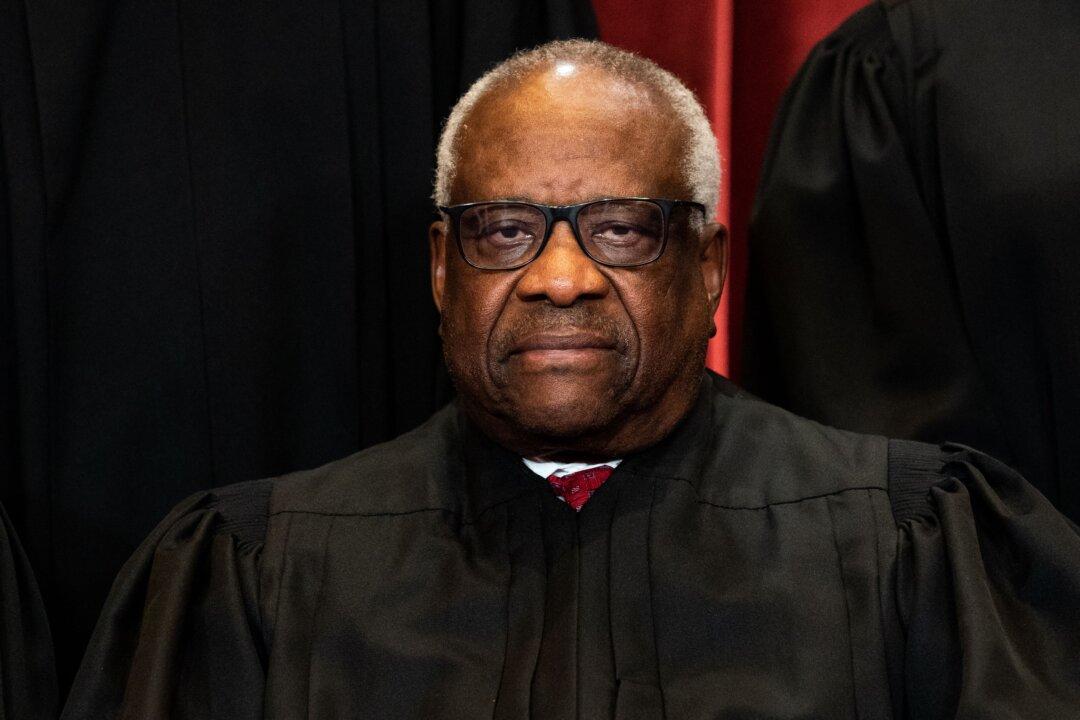Supreme Court Justice Clarence Thomas wrote Friday that the high court should reconsider rulings on contraception, same-sex relationships, and same-sex marriage in a solo concurring opinion released Friday that struck down Roe v. Wade.
The Republican-appointed justice argued that the Supreme Court should reconsider other cases that fall under prior due process precedents.





